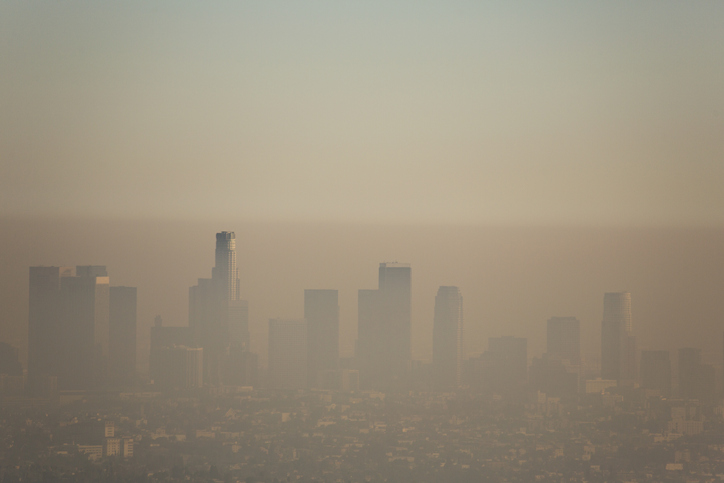Air pollution is a mixture of harmful substances in the air, such as particulate matter, ozone, and nitrogen dioxide. These substances can come from a variety of sources, such as cars, power plants, and factories.
Air pollution has been linked to a number of health problems, including respiratory problems, heart disease, and cancer. More recently, studies have shown that air pollution may also be linked to menstrual irregularity.
Menstrual irregularity is a condition in which the menstrual cycle is irregular, meaning that the length of the cycle varies from month to month. This can include having periods that are too short or too long, or having periods that are too close together or too far apart.
A study published in the journal Environmental Pollution found that women who were exposed to high levels of air pollution were more likely to experience menstrual irregularity. The study looked at the data of over 1,000 women and found that those who lived in areas with the highest levels of air pollution were 2.3 times more likely to experience menstrual irregularity than those who lived in areas with the lowest levels of air pollution.
The study also found that the risk of menstrual irregularity increased with the severity of the air pollution. Women who lived in areas with the most severe levels of air pollution were 3.5 times more likely to experience menstrual irregularity than those who lived in areas with the least severe levels of air pollution.
The exact mechanism by which air pollution can cause menstrual irregularity is not fully understood. However, it is thought that air pollution can disrupt the hormones that regulate the menstrual cycle.
If you are concerned about your menstrual health, it is important to talk to your doctor. There are a number of things that can cause menstrual irregularity, and air pollution is just one possibility. Your doctor can help you to determine the cause of your menstrual irregularity and recommend treatment options.
Here are some additional things you can do to protect your menstrual health:
- Avoid exposure to air pollution: If you live in an area with high levels of air pollution, try to limit your exposure as much as possible. This may mean avoiding outdoor activities on days when the air quality is poor, or wearing a mask when you are outside.
- Eat a healthy diet: Eating a healthy diet that is rich in fruits, vegetables, and whole grains can help to improve overall health and may also help to regulate the menstrual cycle.
- Get regular exercise: Regular exercise can help to improve overall health and may also help to regulate the menstrual cycle. Aim for at least 30 minutes of moderate-intensity exercise most days of the week.
- Get enough sleep: Getting enough sleep is important for overall health and may also help to regulate the menstrual cycle. Aim for 7-8 hours of sleep per night.
- Manage stress: Stress can contribute to a number of health problems, including menstrual irregularity. Find healthy ways to manage stress, such as yoga, meditation, or spending time in nature.
- Get regular checkups: It is important to see your doctor for regular checkups, even if you are not experiencing any health problems. This gives your doctor a chance to monitor your overall health, including your menstrual health.
By following these tips, you can help to protect your menstrual health and live a healthy and active life.








